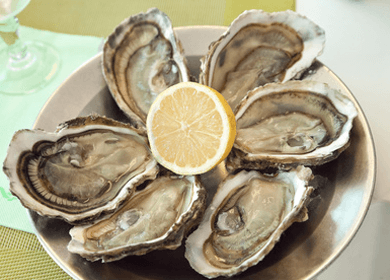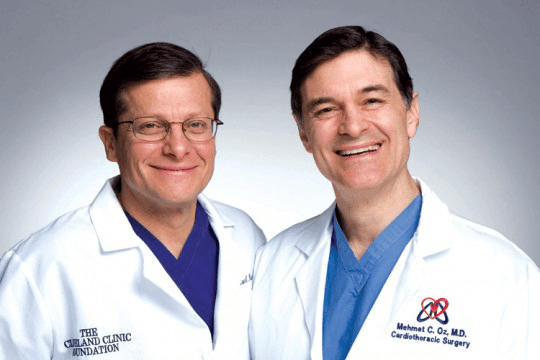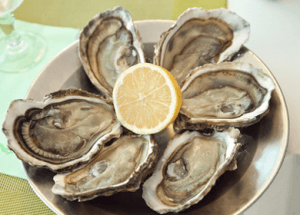
Not since the zinc oxide scene in “Kentucky Fried Movie” (directed by John Landis, of “Animal House” fame) has the lack of zinc been so clearly understood to be a health hazard.

It’s estimated that about 40 percent of people 60 and older are deficient in the often-overlooked nutrient because they don’t get enough in their diet and their body can’t absorb or use it as efficiently as it once did. You need this mineral because zinc affects DNA synthesis, wound healing and the activities of up to 100 essential enzymes.
If you’re low on zinc, you’re at an increased risk for cancer, immune deficiency, bodywide inflammation, gastrointestinal problems and loss of brain power. And it’s just as important to teens (it promotes growth and avoids behavioral problems) and young adults (those looking for good reproductive health).
 Fortunately, you can get a good dose of zinc from food: oysters (3 ounces deliver almost 500 times the recommended daily value), crab, beans, nuts, whole grains, low-fat dairy products and fortified breakfast cereals are some of the best sources. Unfortunately for vegetarians, zinc is harder to absorb from grains and vegetables than from low-fat, no-sugar-added dairy, seafood and meat.
Fortunately, you can get a good dose of zinc from food: oysters (3 ounces deliver almost 500 times the recommended daily value), crab, beans, nuts, whole grains, low-fat dairy products and fortified breakfast cereals are some of the best sources. Unfortunately for vegetarians, zinc is harder to absorb from grains and vegetables than from low-fat, no-sugar-added dairy, seafood and meat.
Daily supplements can help you make sure that you’re getting enough (the body can’t store it), but don’t overdo it! Too much interferes with absorption of copper and other vital nutrients. Aim for no less than 15 milligrams (from food and supplements) and no more than 30 milligrams, and you’ll be zinc-ing a happy tune.
– Dr. Michael Roizen & Dr. Mehmet Oz
© 2012 Michael Roizen, M.D. and Mehmet Oz, M.D. Distributed by King Features Syndicate, Inc.

